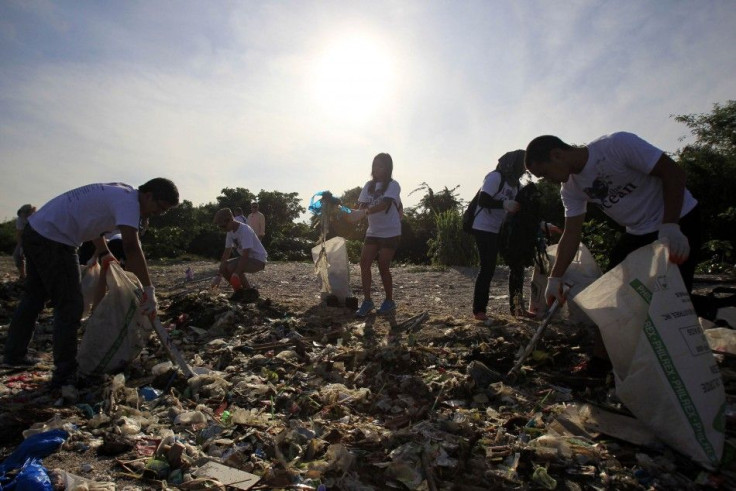Rising Global Warming Speeds Up Carbon Dioxide Emissions of Ocean Waters

A new study released by researchers from the University of Edinburgh in Scotland has said the release of carbon dioxide emissions by the world's oceans is being heightened up by the continued rise of global warming temperatures.
Scientists studied a 26,000-year-old sediment core from the Gulf of California to find out how the ocean's ability to take up atmospheric carbon dioxide (CO2) has changed over time.
Read: Global Warming Alert: Soaring Temperatures Threatens Coral Reefs - UN
The team specifically analysed the abundance of silicon and iron concentrations of fossilised plankton which are very tiny marine organisms. Planktons are known to have the ability to absorb large quantities of carbon from the atmosphere at the ocean surface.
In the course of the study, published in the journal Nature Geoscience, researchers found that "periods when silicon was least abundant in ocean waters corresponded with relatively warm climates, low levels of atmospheric iron, and reduced CO2 uptake by the oceans' plankton."
Read: Global Warming Affects Even the Dead, Washes Up World War II Graves in Marshall Islands
"If warming climates lower iron levels at the sea surface, as occurred in the past, this is bad news for the environment," Dr Laetitia Pichevin, from the University of Edinburgh School of GeoSciences, said.
Scientists had long suspected that iron bears a role in engaging plankton to absorb CO2. However, the study noted a lack of iron at the ocean surface can limit other key elements in helping plankton take up carbon.
Read: Global Warming Alert: Scientists Find Three New Dangerous Gases in the Air
"Iron is known to be a key nutrient for plankton, but we were surprised by the many ways in which iron affects the CO2 given off by the oceans."
Vicente Barros, Co-Chair of Working Group II of the UN Intergovernmental Panel on Climate Change (IPCC) said global warming's "irreversible" effects will be experienced everywhere and by everyone through food shortages and natural disasters like flooding, rising sea level and melting of ice caps.
"We live in an era of man-made climate change," Barros said in a statement. "In many cases, we are not prepared for the climate-related risks that we already face. Investments in better preparation can pay dividends both for the present and for the future."
Read: Global Warming to Exacerbate Britain Summer Rains, Floods - Study





















